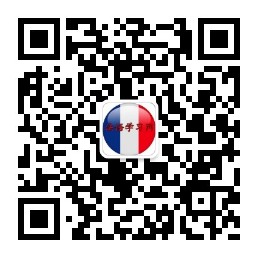2. WITH COUNTABLE WORDS (INDEFINITE ARTICLE)
In English the indefinite article are ‘a’ and ‘an’, there is no plural form, you know that in French, they are: un, une and des for the plural form (this “des” is not a partitive, just the plural of un or une), well, again it is easier to say that they are the translation of ‘some’ and ‘any’.
I want an apple: je veux une pomme
I want apples (or I want some apples): je veux des pommes
I need shoes: j’ai besoin de chaussures. (the prepositional verb is avoir besoin de)
I want shoes: je veux des chaussures.
An adjective may change the article:
J’ai acheté des pantalons: I bought some trousers
J’ai acheté de nouveaux pantalons: I bought new trousers (this is the rule but not so important as many people in France say J’ai acheté des nouveaux pantalons)
When the adjective (here nouveaux) is before the noun (pantalons) we use “de” instead of “des”.
Same thing for: I want other shoes: je veux d’autres chaussures.
Pay attention to the singular indefinite article and the pronoun “en”:
Je veux un gâteau J’en veux un
You need an indefinite article because “j’en veux” means ‘I want some’
Je prends une tasse J’en prends une
Negative form: any
I don’t want any apple: je ne veux pas de pommes (for the negation, we use “de” and not “des)
It also works with singular word:
I have a car: j’ai une voiture
I have no car: je n’ai pas de voiture.
If you speak about something specific, we need the definite article:
We are taking advantage of new laws: nous profitons de lois nouvelles.
We are taking advantage of the new laws: nous profitons des lois nouvelles. (here “des” is “de les”)
 英语
英语 日语
日语 韩语
韩语 德语
德语 西班牙语
西班牙语 意大利语
意大利语 阿拉伯语
阿拉伯语 葡萄牙语
葡萄牙语 越南语
越南语 俄语
俄语 芬兰语
芬兰语 泰语
泰语 丹麦语
丹麦语 对外汉语
对外汉语

